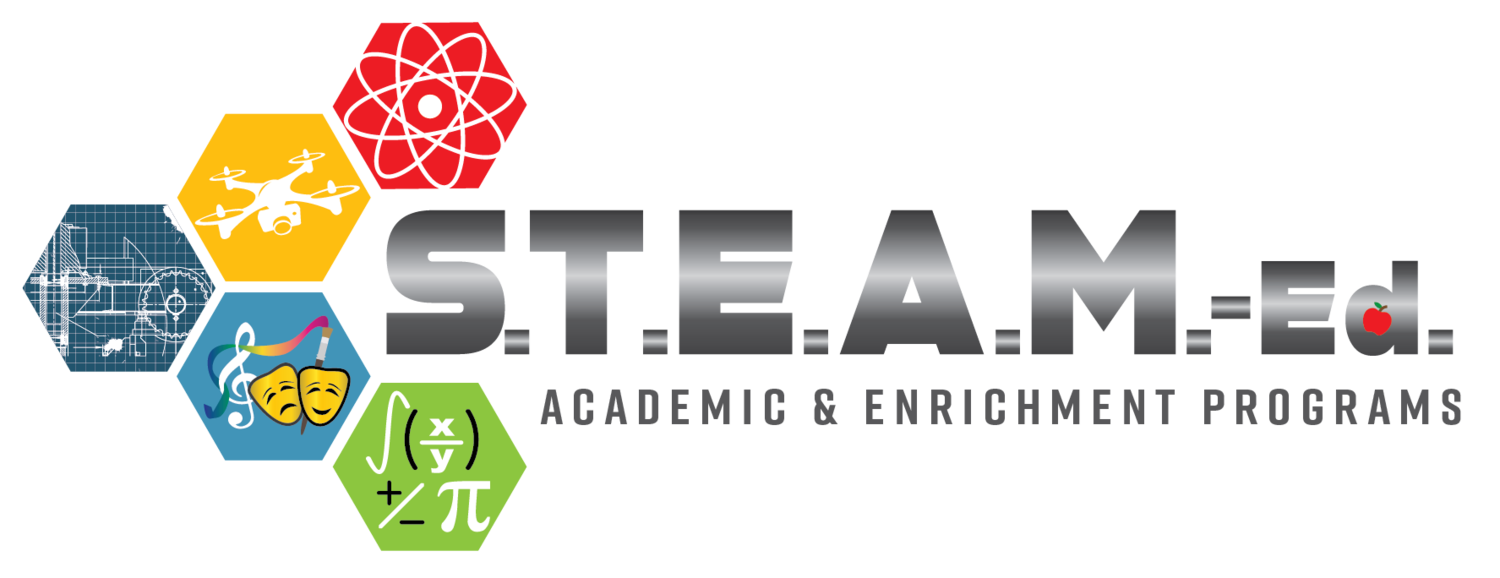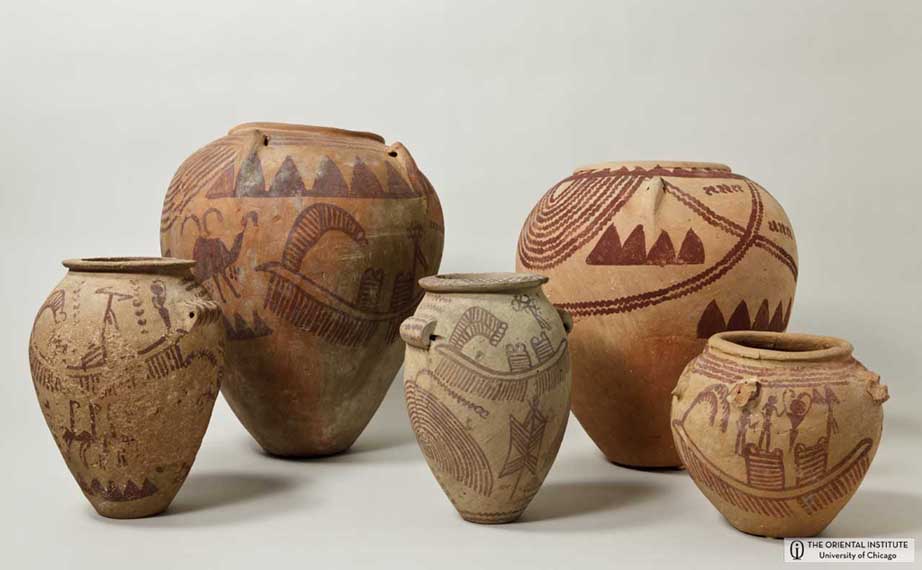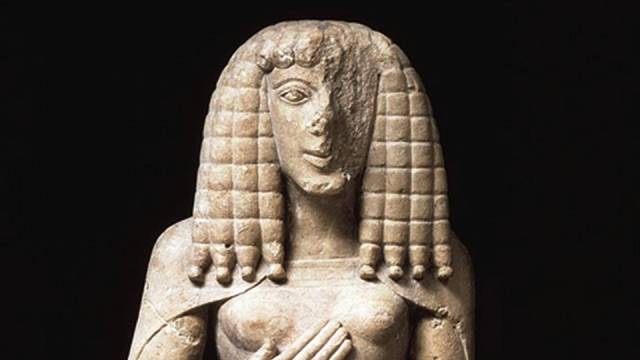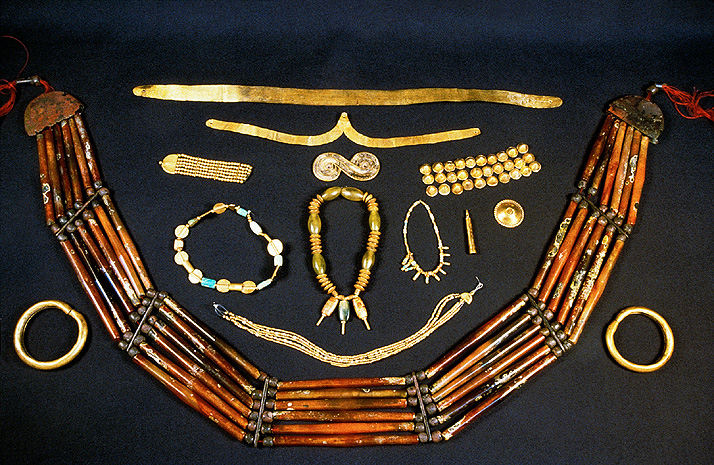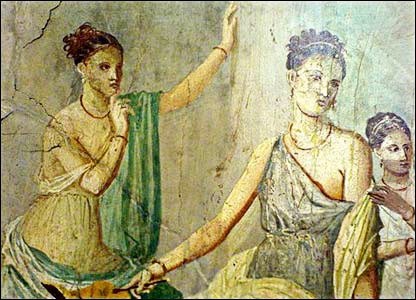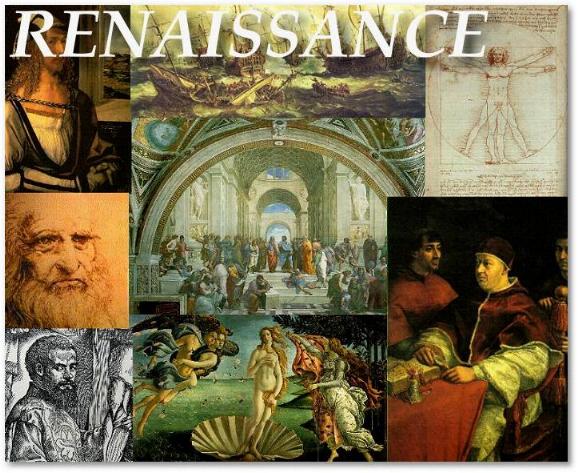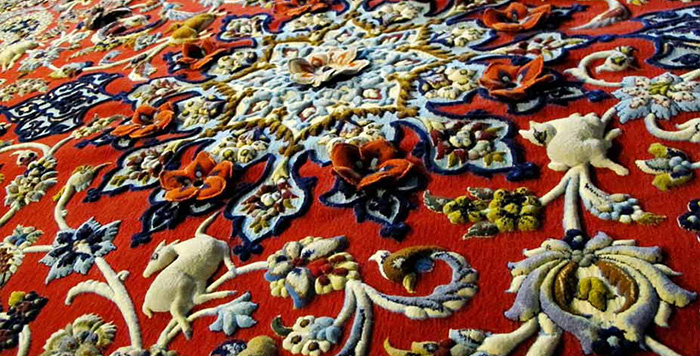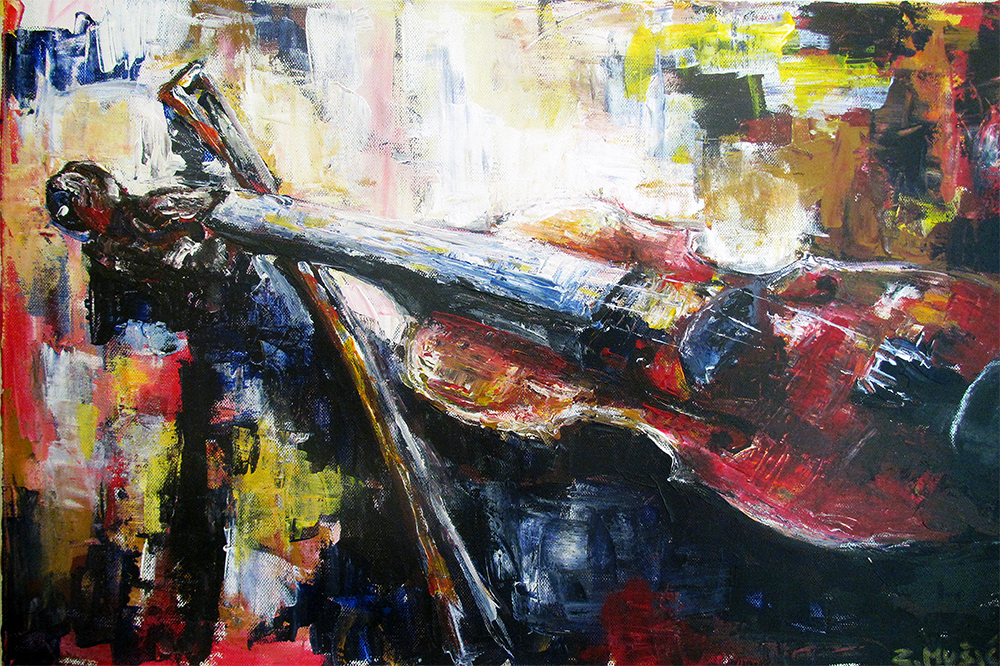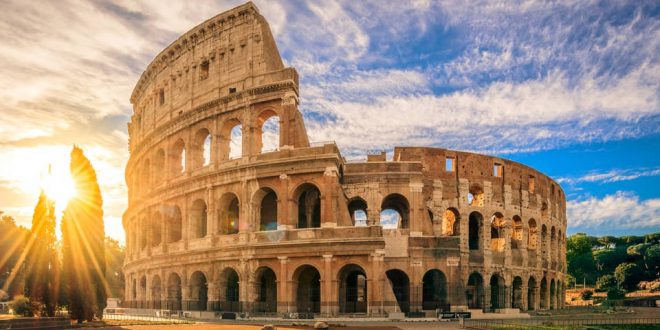Neuro-scientists at seven major universities have found strong links between arts education and cognitive development. In fact, low-income students who are highly engaged in the arts are twice as likely to graduate college as their peers with no arts education.
Earth's greatest civilizations existed as world powers through their innovations in the sciences, engineering, and The Arts & Humanities. From Babylon to Assyria, Egypt to Medo-Persia, Greece to Rome, and China to the Americas, the artistic, cultural, musical, literary, and linguistic contributions of these magnificent peoples are what has made us Human.
"Art is not what you see but what you make others see."
- Edgar Degas
the academic benefits...
confidence
If we ask students to name a class they like the most, majority will hands-down say "Art." There are many reasons for students to love art. Art education is hands-on, has immediate rewards, focuses on positive achievements, develops concrete products, and fosters collaboration. Students have ample opportunities to display their creations and demonstrate skills through authentic performance. The arts enable children to grow in confidence and think positively about themselves and learning.
skills
Learning a musical instrument, creating a painting, learning to dance, or singing in a chorus teaches us that taking small steps, practicing to get better at something, being persistent, and being patient, even in the face of adversity, are what help you grow and improve. In other words, the arts teach habits, behaviors and attitudes that are necessary for success in any field of endeavor.
Creativity
In any field of work, being creative and staying fresh will usually have positive outcomes. Now, imagine an art class in which students create an original canvas filled with color and creative use of space; a music class where they develop their own rhythms; a theater class where they create and produce their own plays. The arts are a wonderful arena for fostering creativity, an important skill to have in a rapidly changing world.
Integration
One of the reasons that the arts has been left behind is because it's not a discipline that is being tested in schools. However, if we look closely art education is a great place where other subjects are integrated in. The arts require measurement, number manipulation, and proportional thinking, all of which foster mathematical thinking. Students also learn patterns (e.g. musical rhythms and dance patterns); spatial and geometric relationships (visual art patterns); and three-dimensional skills (making models of clay). So you see? Art Education does not take away from the core subjects, but actually enhances them!
